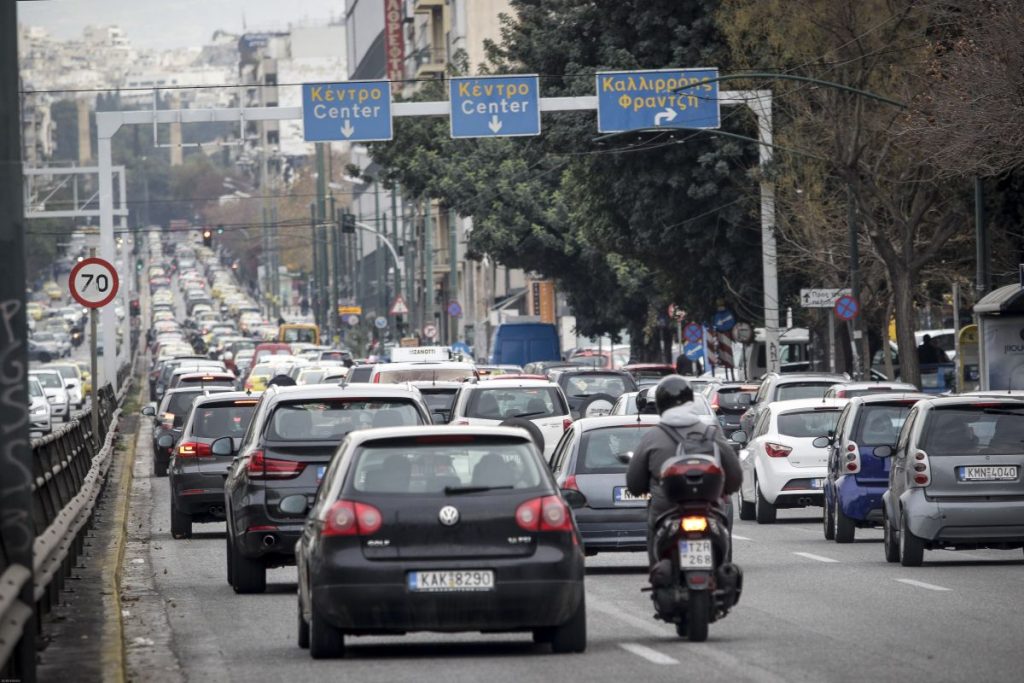Greek Prime Minister Kyriakos Mitsotakis highlighted the strict penalties imposed on road lawbreakers, which can reach up to 4,000 euros in fines and up to eight years of imprisonment, during his speech in Parliament on Tuesday, June 10.
“I hear that these measures are unpopular. Perhaps because they upset our bad habits. But they are necessary. Timidity would lead us to accept a situation we cannot surrender to — lawlessness on the roads. Our goal is for travel to become increasingly safer,” the prime minister stressed.
Mitsotakis addressed various causes of accidents and fatalities, placing special emphasis on alcohol consumption, mobile phone use while driving, and motorcyclists not wearing helmets. He also highlighted the focus on urban buses, announcing the delivery of more than 400 new buses this year, and over 1,000 by 2026.
By 2027, the entire bus fleet in Athens is expected to be fully renewed, while Thessaloniki will receive an additional 110 buses by the end of that year.
Regarding the pilot program for 24-hour weekend service on the metro and tram lines, the prime minister explained that such initiatives encourage citizens to opt for public transportation, especially since late-night hours on weekends are known to be the most dangerous.
On the subject of drivers, Mitsotakis pointed out that certain risky behaviors are linked to a misguided belief that a skilled driver can get away with anything.
Penalties will now be scaled according to the level of danger posed. For the most serious offenses, fines can reach 4,000 euros, along with license suspensions lasting up to eight years. “We must primarily punish repeat offenders,” he underlined.
Finally, addressing the opposition, he thanked them for their constructive attitude toward the bill, acknowledging their efforts to approach the issue as a national priority for the country’s best interest. “We must reverse this national tragedy, and I am glad that this bill will soon become law. What matters is measurable: a reduction in deaths and injuries on our roads,” Mitsotakis concluded.






